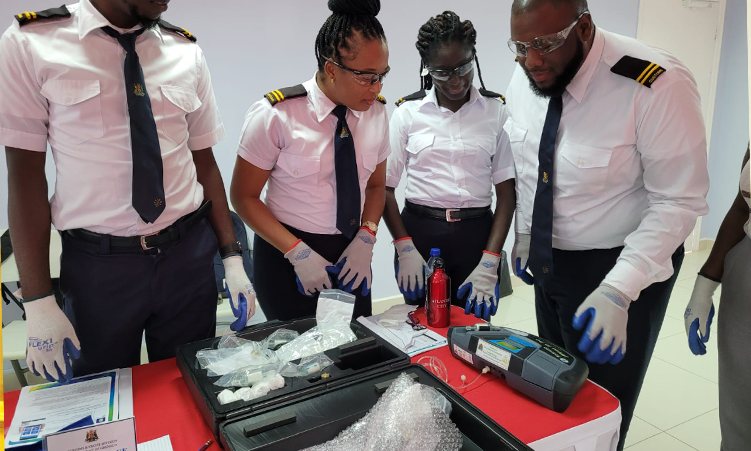The Ministry of Industrialisation and Trade will host a three-day workshop and border dialogue for national ozone and customs officers.
According to a statement issued by the ministry, the workshop, which will be held in conjunction with the United Nations (UN) Environment Ozone Action, takes place from 6 to 8 September in Windhoek.
The workshop’s objective is to focus on selected countries with challenges, as well as practical aspects where cooperation between national ozone units (NOU) and customs authorities could potentially tackle these specific ozone-depleting substances (ODS) and trade issues, noted the ministry.
National ozone units are the government units in developing countries that are responsible for managing national programmes to comply with the Montreal Protocol on Substances that Deplete the Ozone Layer. Each developing country has an NOU that is supported by the multilateral fund through an institutional strengthening project.
The ministry noted that the proposed workshop will also focus on matters related to strengthening cooperation between countries, discussing border-related issues (border dialogues), and training of new ozone officers and customs trainers on Montreal Protocol
obligations, and will be given to several Southern African Development Community countries, including Angola, South Africa, Tanzania, and Zimbabwe.
Adopted in 1987, the Montreal Protocol is the sole protocol to the 1985 Vienna Convention for the Protection of the Ozone Layer. Since its inception, the protocol has sought to control and phase out ODS such as chlorofluorocarbons (CFCs), halons, carbon tetrachloride methyl chloroform, methyl bromide, hydrobromofluorocarbons, and hydrochlorofluorocarbons (HCFCs).
“In support of the protocol, the Kigali Amendment, which came into force in 2019, will work towards reducing hydrofluorocarbon (HFCs), greenhouse gases with powerful climate warming potential and damaging to the environment,” noted the ministry.
Namibia became a signatory to the protocol in 1993 and the ministry established a national ozone unit within the Directorate of Industrial Development to oversee the implementation of Namibia’s obligation to the Montreal Protocol.
Namibia was one of the first countries in Africa to phase out CFCs in 2008, and the country remains committed to eliminating HCFCs in all sectors, and has already been drastically reduced by 80% from the baseline by 2020.
– email: [email protected]



Leave a Reply